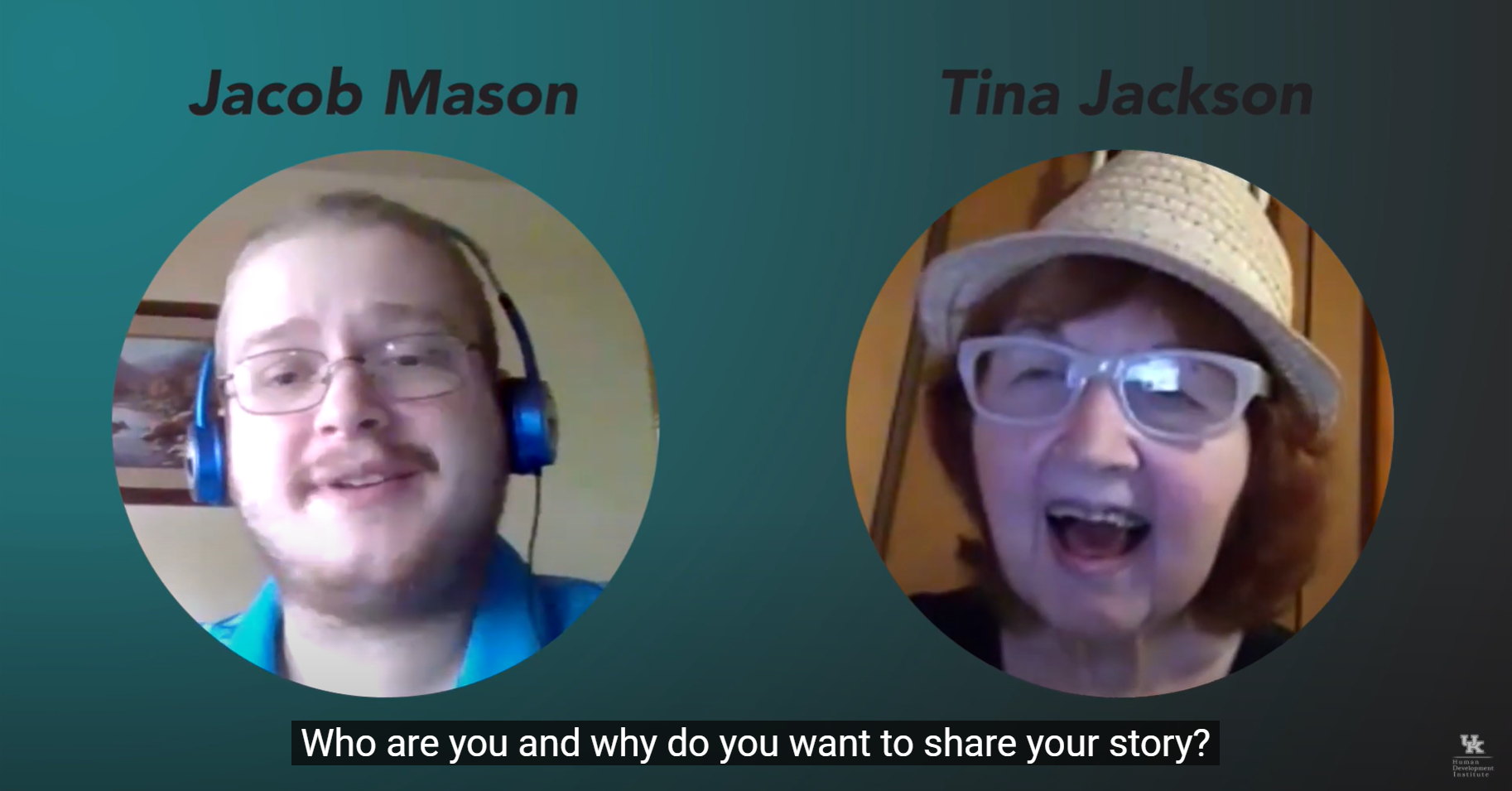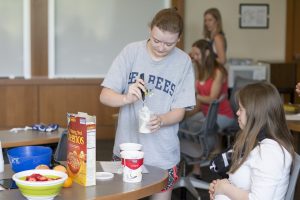Finish school and get a job—that’s the plan for most students from the time they start kindergarten. But for a significant portion of Kentucky’s young people, that’s not the case. Only 20.8 percent of former students with intellectual/developmental disabilities were employed for at least 90 days after completing high school (Kentucky Post School Outcomes Center, 2017).
Yet when it comes to work quality, motivation, engagement, dependability and attendance, employees with intellectual and developmental disabilities were rated good or very good by their employers (Institute for Corporate Productivity).
Despite Kentucky’s low unemployment rate (5.2 percent according to the Kentucky Center for Education and Workforce Statistics), employers still need more workers. The state falls below the national average in workforce participation, baby boomers are retiring, and over 400,000 job openings are projected across the state through 2020.
Employers need to be connected with Kentucky’s untapped portion of the workforce—individuals with disabilities.
Unfortunately, discrimination, stigma, and lack of support keep many capable employees out of the workforce. Families underestimate what individuals with disabilities can do and fear employment will lead to loss of needed benefits. Schools don’t always provide the soft skills necessary for gaining employment, and the transition from school to work doesn’t start early enough. Employers have misconceptions about hiring people with disabilities and the cost of accommodations, and they are often unaware of tax credits available to them.
Employers can act now to make their employment practices more inclusive. Currently, a voluntary certification process is being developed for local businesses in Morehead, Ky. To become certified as supporters of “the full connection of people with disabilities to their community,” businesses would provide training on access to employment, customer engagement, customized employment, and disability awareness. Accessibility checks would be conducted by an independent evaluator, and a window decal would be awarded for display when the business is certified completely accessible.
Initiatives like this should be applied in communities across the state.
It will take a multi-pronged effort to change current workforce dynamics and the culture of employment. Employers should actively recruit and hire workers with disabilities as part of their diversity hiring practices. Individuals can ask businesses they support about their hiring practices and voice their disability advocacy. As a community we should be more welcoming to workers with disabilities and let our representatives know we want legislative change.
While it isn’t easy to change long-held biases about disability, and it will take time to build a truly inclusive workforce in our state, there is no reason not to take steps now. Employers in the commonwealth need motivated and dependable employees, and individuals across the state are ready to go to work, they’ve just been overlooked.
For more information, visit http://www.kentuckyworks.org.
Amanda Kelley Corbin, University of Kentucky Human Development Institute—Kentucky’s University Center for Excellence in Developmental Disabilities Education, Research and Service.
This piece originally appeared in The Lane Report and The Morehead News.


